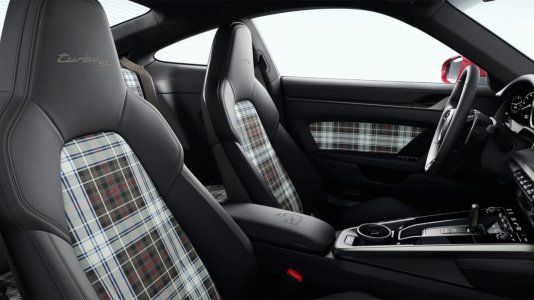Davide Nativo
Premium
UK government clears the road ahead to the 2040 ban of ICEs.
It was not even a year ago that the United Kingdom government officially banned sale of all diesel/petrol cars and vans from 2040, in an attempt to take action against climate change, while fighting domestic pollution and improving citizen's health quality by investing in renewable energy sources.
"Poor air quality is the biggest environmental risk to public health in the UK and this government is determined to take strong action in the shortest time possible", claimed the environment department last year.
Now, Secretary of State for Transport Chris Grailing has revealed the plan titled "The Road to Zero", which is a document comprising of 46 points by which the government aims to achieve the full conversion of the UK automotive market from diesel and petrol to hybrid and electric vehicles. These points include investments in infrastructures for a total of 400 million pounds, a 40 million pounds programme for low cost wireless and on-street charging technology, subsidy of purchase price for 'green' vehicles and a 500 pounds provision for electric vehicle owners to put in a charge point in their home, and finally the "Clean Vehicle Retrofit Accreditation Scheme" to retrofit emissions reduction technologies on older cars.
"The Road to Zero Strategy sets out a clear path for Britain to be a world leader in the zero emission revolution, ensuring that the UK has cleaner air, a better environment and a stronger economy - said Chris Grayling - We are expecting our economy and society to experience profound change, which is why we have marked the Future of mobility as one of the 4 grand challenges as part of our modern Industrial Strategy".
Read the full document HERE
Like what you see here at RaceDepartment? Don't forget to like, subscribe and follow us on social media!
RaceDepartment YouTube
RaceDepartment Twitter
RaceDepartment Facebook
RaceDepartment Twitch
RaceDepartment Instagram
Have you read the paper? What do you make of this plan? Do you think the UK will succeed in converting its domestic automotive market to 'green' vehicles by 2040? Is 2040 too late compared to the 2030 mark set by other countries?
Let us know in the comments!
Last edited:
 Tesla Model S P100d!
Tesla Model S P100d!








